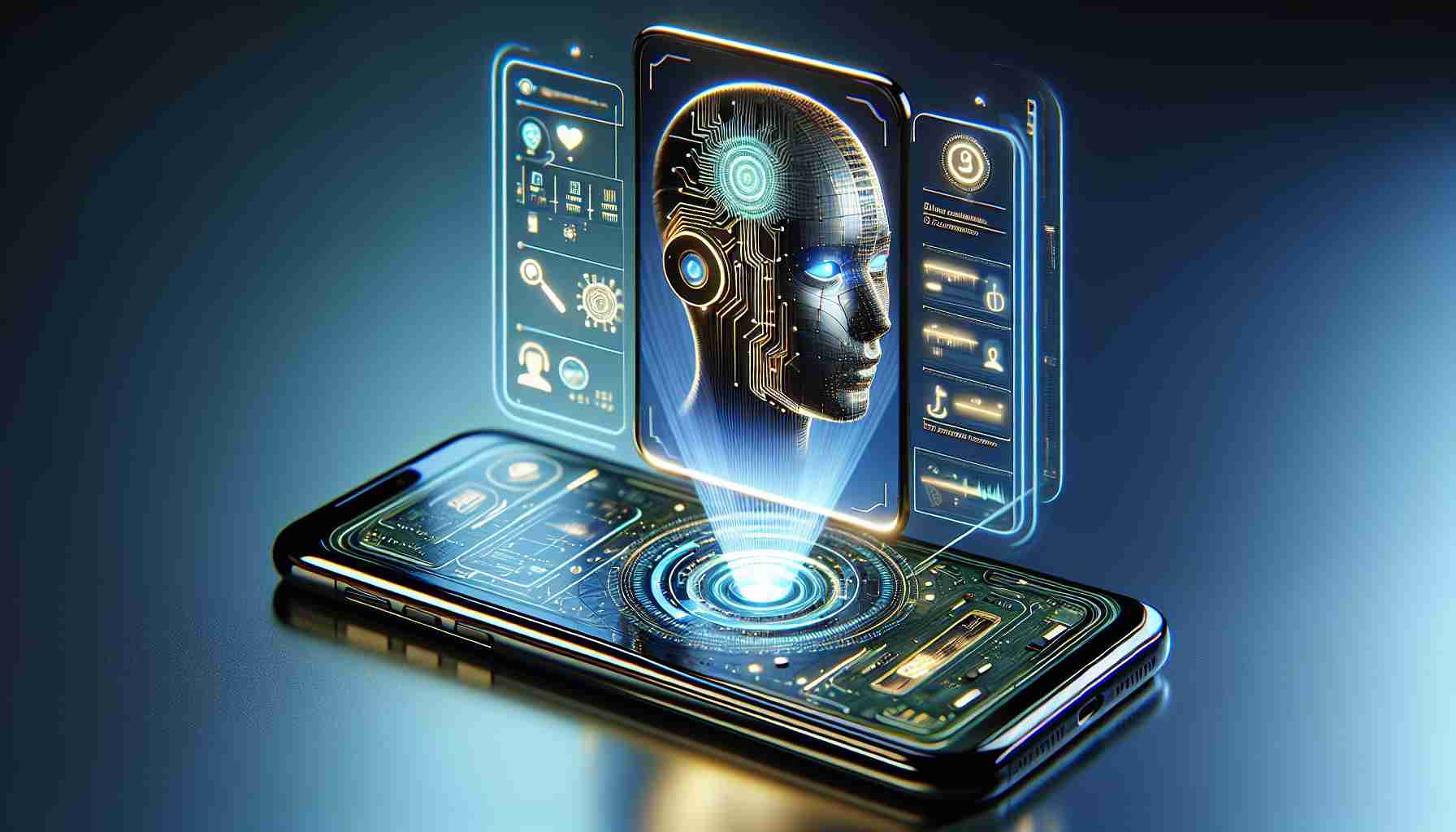Enhancing User Experience with AI Capabilities
Mobile manufacturers have recently embraced AI integration to redefine the smartphone landscape. Leading players such as Huawei, OPPO, vivo, and Honor have introduced innovative AI models, showcasing advanced features for improved user experience. These advancements range from advanced memory perception to enhanced knowledge dissemination, catering to over millions of users with cutting-edge AI services.
The Emergence of AI Ecosystem
As the smartphone market continues to evolve, major brands are diversifying their AI offerings beyond smartphones. Wearable devices and smart home technologies are becoming integral parts of the AI ecosystem, further unlocking the potential of edge AI services.
Major Players in the AI Smartphone Revolution
Companies like Baidu, Alibaba, and ByteDance are also making significant strides in the AI smartphone arena. By leveraging powerful AI algorithms, these tech giants are setting new standards for AI capabilities in mobile devices. From enhanced AI assistants to seamless cross-platform experiences, the future of AI smartphones looks promising.
Apple’s Unique Approach to AI Integration
Apple, known for its meticulous approach to innovation, has recently unveiled AI features in its iOS platforms. Through enhanced Siri functionalities and AI-driven writing tools, Apple is venturing into AI integration while maintaining its distinct style. By embracing open-source models and collaborating with established AI players, Apple is poised to create a unique AI ecosystem for its users.
Shaping the Future of AI in Smartphones
With advancements in chip technology and enhanced AI capabilities, the future of AI smartphones is set to revolutionize user interactions. From more powerful AI algorithms to diverse application scenarios, AI smartphones are paving the way for a more intelligent and integrated mobile experience.
In conclusion, the integration of AI technologies in smartphones is reshaping the tech industry landscape. As AI becomes more intrinsic to daily interactions, the collaborative efforts of smartphone manufacturers and AI developers will lead to a more seamless and innovative AI ecosystem for users worldwide.
Exploring New Frontiers in AI Integration for Smartphones
As the tech industry continues to push boundaries, the future of AI integration in smartphones holds exciting possibilities that go beyond the current landscape. While the previous article highlighted the advancements made by leading players in the field, other significant developments are shaping the trajectory of AI in smartphones.
What are the Key Questions Surrounding AI Integration in Smartphones?
1. How will AI impact privacy and data security on smartphones?
2. What ethical considerations should be taken into account when deploying AI in smartphone functionalities?
3. How will smaller companies and startups compete with established players in the AI smartphone market?
Answering Key Questions and Addressing Challenges
1. Privacy and data security concerns loom large as AI capabilities expand on smartphones. Companies will need to prioritize encryption, secure data handling practices, and transparent user consent mechanisms to address these issues effectively.
2. Ethical dilemmas may arise concerning AI algorithms making decisions on behalf of users. Developing clear guidelines and standards for AI deployment can help mitigate potential ethical pitfalls.
3. Smaller companies can differentiate themselves by focusing on niche markets, leveraging open-source AI frameworks, and collaborating with larger entities to access AI technologies.
Advantages and Disadvantages of AI Integration in Smartphones
Advantages:
– Personalized user experiences through AI-driven recommendations and predictive analysis.
– Improved efficiency and productivity with AI-powered virtual assistants and automated tasks.
– Enhanced security features such as facial recognition and biometric authentication.
Disadvantages:
– Potential for algorithmic biases leading to unfair treatment or discrimination.
– Overreliance on AI may hinder human decision-making and critical thinking skills.
– Increased power consumption and potential privacy vulnerabilities with constant AI processing.
As AI integration in smartphones becomes more pervasive, these advantages and disadvantages will require careful consideration to ensure a balanced and ethical implementation.
For further insights into the evolving landscape of AI integration in smartphones, you can visit the TechRadar website. TechRadar offers in-depth analyses and updates on the latest trends in the tech industry.























